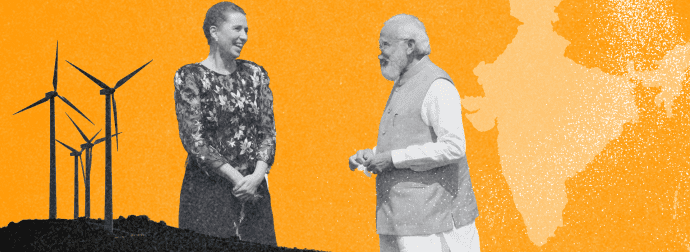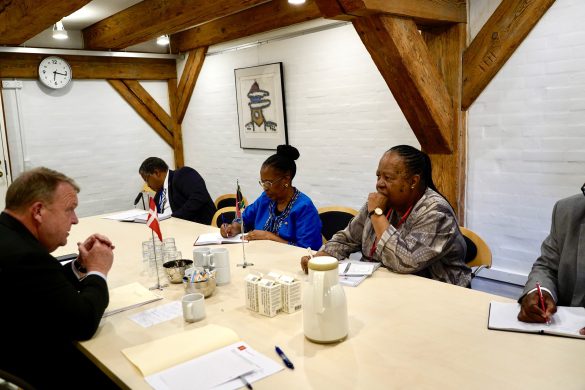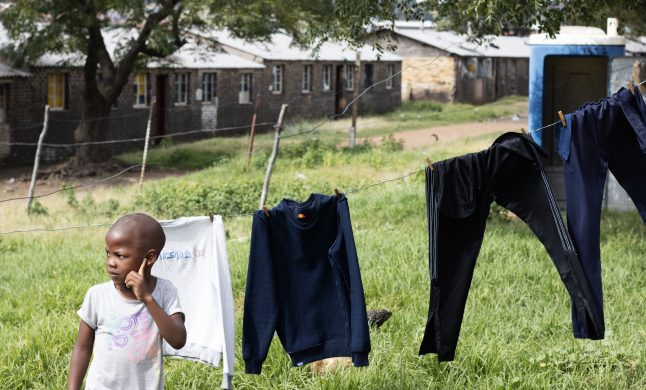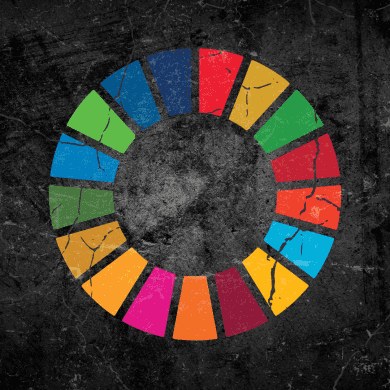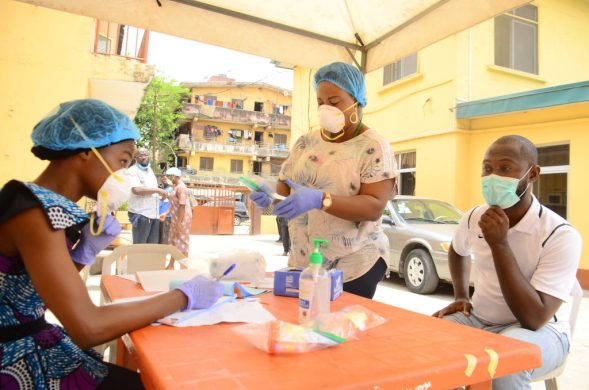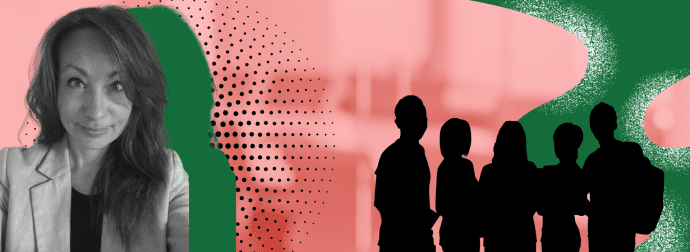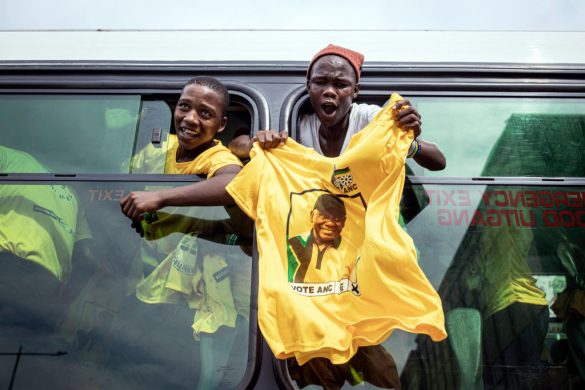Det er ofte kvinder, der først mærker konsekvenserne når der bliver etableret nye miner i fattige lande: Landbrugsjorden forsvinder, men de skal fortsat sørge for mad til familien og eventuel forurening kan bevirke at de skal gå længere efter vand.
NAIROBI, 4 November 2014 (UN Women): Today, UN Women and Publish What You Pay (PWYP), a global coalition campaigning for an open extractive sector, launched the toolkit “Extracting Equality – A Guide”, which examines how to approach the issue of gender within the extractive sector. Written by PWYP and UN Women, along with experts working on gender and the extractives worldwide, the guide is the first-ever extractive value chain to combine gender with good governance.
“The extractive industries have the potential to drive immense economic and social development. However, it is vital that we consider how everyone is affected: women and men, and whole mining communities. If extractive projects are not inclusive and sustainable — including employment practices that are gender-sensitive, and community investments that impact positively on gender equality and women’s empowerment — there are real risks to social stability, inclusive growth and development, and even security. This toolkit provides a simple and effective way to reduce this risk,” said UN Women Executive Director Phumzile Mlambo-Ngcuka.
Studies have shown that women are often the first to bear the negative impact of extraction, as they lose the land they work on and still have to find ways to provide for their families. The influx of migrant workers and cash makes them more vulnerable to sexual violence while pollution means they often have to travel further distances to collect water, which can expose them to danger.
The toolkit is targeted at those involved in the extractive industries sector: community members, civil society organizations, NGOs, oil, gas and mining companies, as well as governments and UN agencies.
“This gender-focused value chain allows stakeholders to appreciate why natural resource governance must be inclusive,” said Winfred Ngabiirwe, National Coordinator for PWYP Uganda. “Most importantly,” she continued, “it puts women at the centre of the discussions and uses their knowledge and skills for sustainable development along the entire value chain. Women are no longer to be seen as victims of natural resource extraction, but instead as a strong constituency that shapes the world’s natural resource governance and management.”
“Extracting Equality — A Guide” examines all 12 steps of the extractive value chain, from finding out how much natural resources a country has to looking at how a project should be dismantled. At each step, the toolkit offers a clear picture of the specific considerations to make and questions to ask in order to ensure women are not left out of natural resource governance. For example: Are women being consulted about the impact of mining? Are women, as well as men, being trained in contract monitoring?
“Our vision is for all citizens to benefit from their natural resources,” said Marinke van Riet, Director of Publish What You Pay. “If this is to be the case, our approach for a more open and transparent extractive sector needs to reflect the needs of women. If women have a different access to information, this needs to be taken into account so that they too can participate in the transparency revolution.”
Læs mere om ”Extracting Equality — A Guide” og download den her (PDF, 15 sider)



